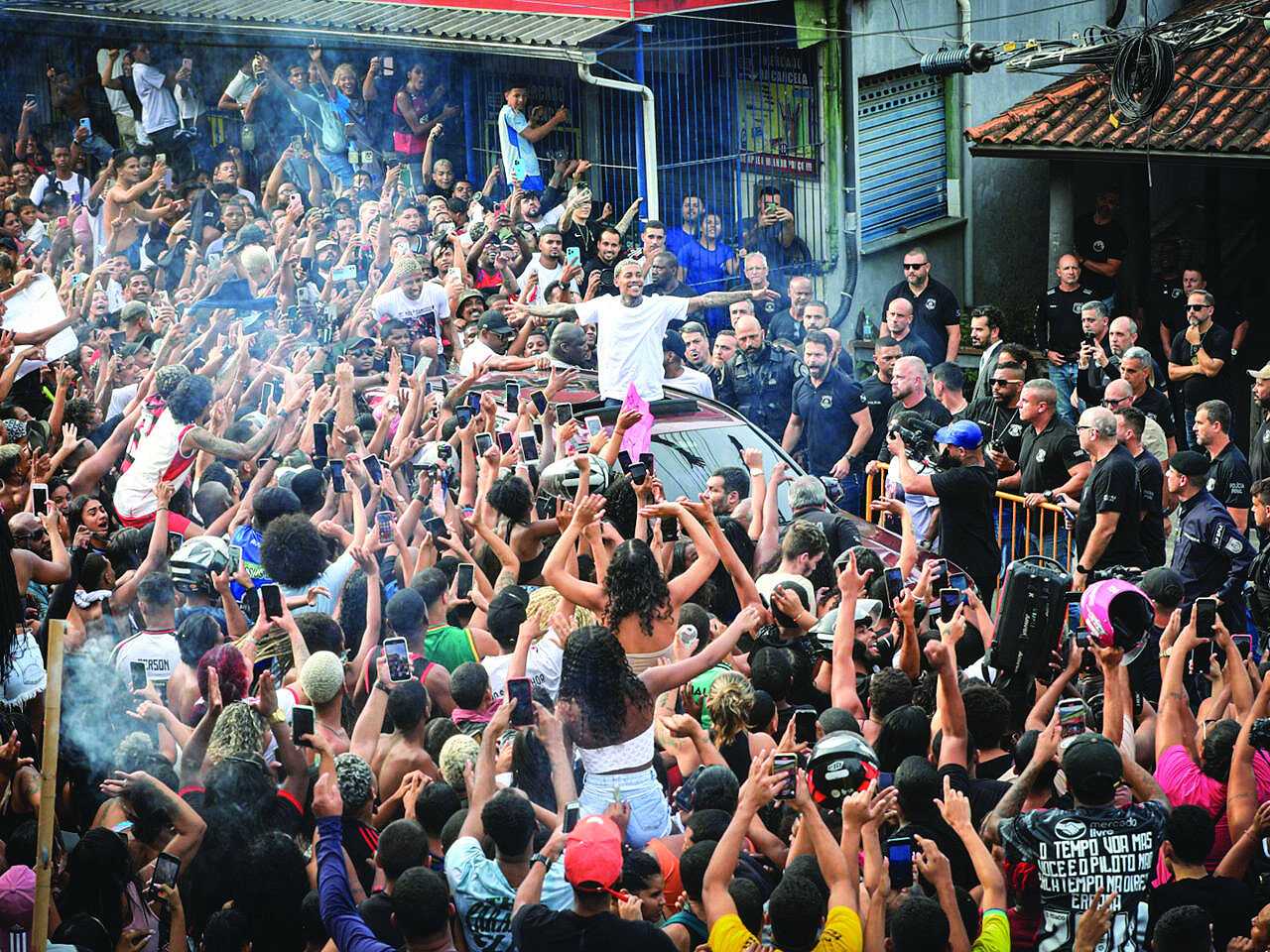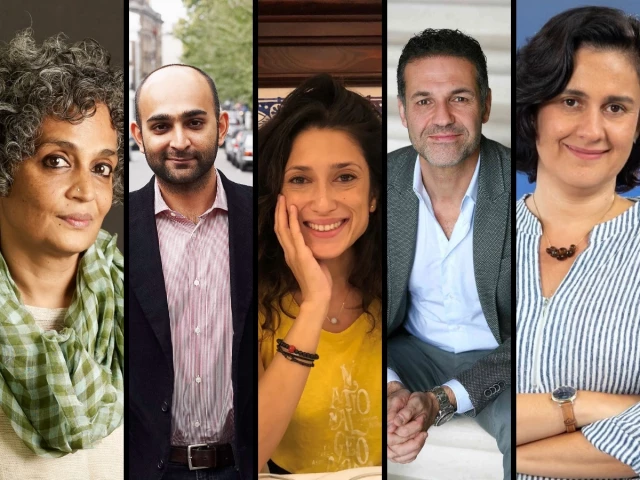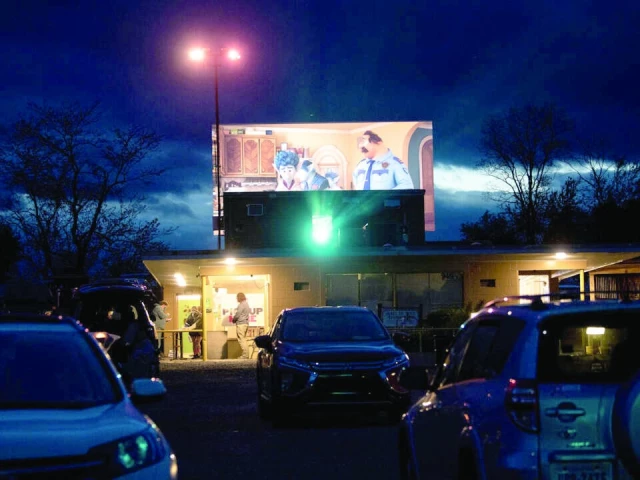RIO DE JANEIRO:
The arrest of a popular funk singer in Brazil on suspicion of glorifying a powerful crime gang has revived a long-standing debate over the criminalisation of a genre born in Rio de Janeiro’s gritty favelas, or slums.
Unlike its US namesake, which was popularised by James Brown, Rio funk borrows more from hip-hop, blended with samba and other Brazilian rhythms.
The lyrics, seen by many as celebrating favela drug lords, have repeatedly led to calls for songs to be censored.
Last week, MC Poze do Rodo, one of the genre’s best-known artists with 16 million followers on Instagram, was arrested on charges of glorifying crime and having links to Comando Vermelho (CV), one of Brazil’s biggest gangs.
The police argue that Poze’s music “clearly condones” drug trafficking and illegal use of firearms and point to concerts held “exclusively in areas dominated by CV, with a notable presence of traffickers armed with high-calibre weapons.”
After five days in preventive custody, the 26-year-old singer was released on Tuesday to a rapturous welcome from waiting fans, who swarmed his car in a column of motorbikes.
Speaking afterwards, the singer claimed he was the victim of police discrimination.
“Rio de Janeiro police don’t like me… because I’m black? Because I’m from a favela?”
Marlon Brendon Coelho Couto was born in the favela of Rodo, one of the biggest in western Rio. He has admitted to selling drugs in his youth but says that he abandoned crime to devote himself to music.
Police footage of his arrest at his current home in the upmarket Recreio dos Bandeirantes district, cuffed and shirtless, surrounded by heavily armed officers, caused an outcry among his fans.
Fellow musicians took part in a campaign for his release, organised by his wife, influencer Viviane Noronha, on the grounds that “funk singers are not criminals.”
The debate surrounding funk’s role in crime mirrors long-standing discussions in the United States over the links between rap and violence in Black communities.
Danilo Cymrot, a doctor in criminology at the University of Sao Paulo, pointed to a “grey area” in the definition of glorification of violence, relating to artistic content.
“The artist doesn’t necessarily agree with his lyrics,” Cymrot, author of a book about Rio funk, said.
He added that “oftentimes, the police and the judiciary have a hard time understanding funk as a work of art.”
As a result, he said, the artist’s origins are often used to determine whether he condones violence.
“It’s less the message itself and more who is singing it.”






